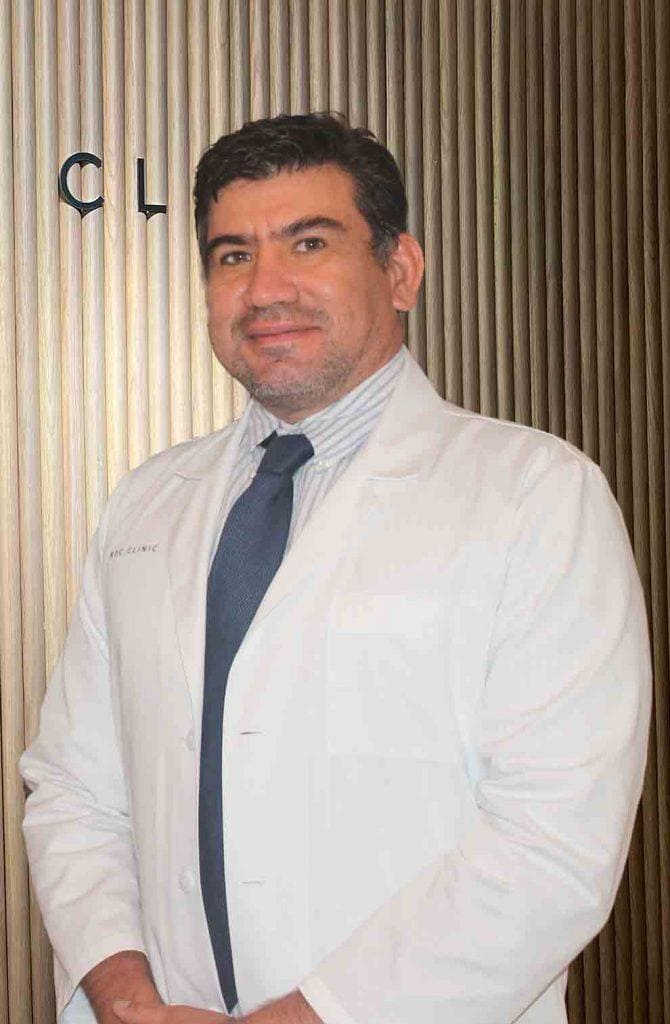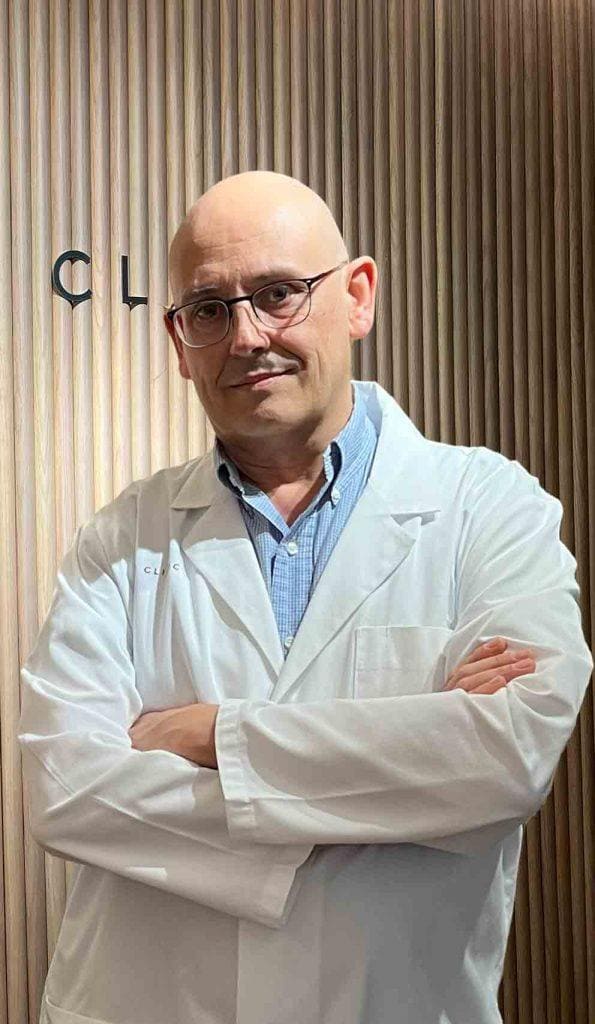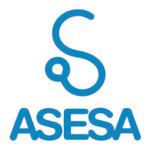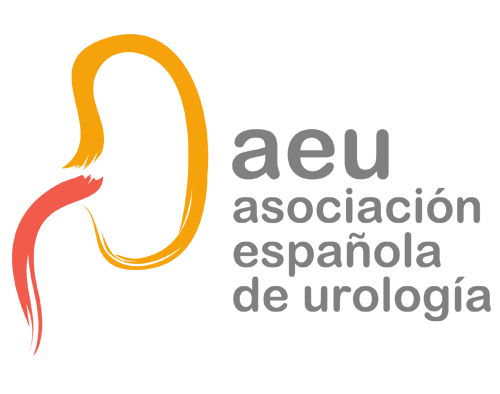Suction sleeves
Aspiration sheaths are used to remove stone fragments (stones), blood or debris during lithiasis surgery.
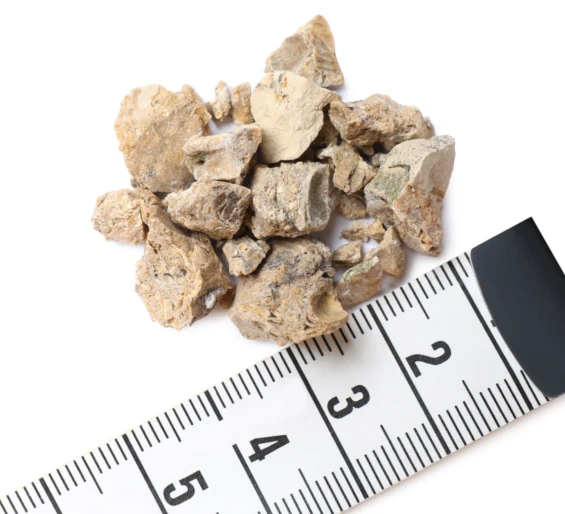
What are suction pods?
Ureteral suction sheaths or aspiration sheaths are devices used during procedures such as retrograde intrarenal ureteroscopy (RIRS) or percutaneous nephrolithotomy (PCNL) for the treatment of lithiasis, commonly known as kidney stones. Its main function is to facilitate access to the urinary system and to allow continuous aspiration of stone fragments, blood or debris during the procedure.
The sheath is introduced through the urethra (the duct through which urine exits), percutaneously (through a small incision in the back) or through the ureter until it reaches the kidney. Once in place, it is connected to an aspiration system that allows fragments to be removed continuously and under radiological control, avoiding the need to extract them manually with forceps or baskets and reducing the pressure inside the kidney, which is associated with a lower rate of infectious complications.
Who can benefit from suction pods?
These pods are especially suitable for:
- Patients with multiple or large stones.
- Cases with high lithiasis burden.
- Surgeries that require a clean and continuous visual field.
- Procedures performed with Holmium or Thulium laser.
What should the patient know before surgery?
- Aspiration sheaths are used in minimally invasive procedures, no large incisions are required.
- The surgery is performed under general or regional anesthesia.
- The urologist will decide if the aspiration sheath is appropriate based on the size, number and location of the stones.
- Most patients are able to resume normal activity within a few days.
- Postoperative follow-up usually includes urinalysis, imaging tests and, if necessary, dietary changes or preventive treatment for new stones.
- Keeps the surgical field clean during stone removal
- Improve visibility for the surgeon.
- They allow a faster and more efficient removal of renal fragments.
- They can reduce intrarenal pressure, which decreases the risk of infections or complications.
- Some versions are designed for combined use with laser or lithotripsy instruments.
Our specialists in lithiasis have the technology and experience to perform advanced renal surgery procedures with aspiration sheaths, which allows us to offer safe, effective treatments tailored to each patient.
In addition, we collaborate with leading manufacturers in surgical innovation and perform procedures with the most advanced techniques available in Europe.
+140
procedures using suction pods per year
The average time for each procedure was reduced by 15 minutes compared to previous methods.
Newsof ROC Clinic in Suction Pods
Research
Current management of stage T1 renal cell carcinoma in Spain: Results of a multicenter national registry.
They ask us in the Consultation
How is the suction sheath inserted into the body?
It can be placed through the urethra (without incisions) or through a small incision in the skin of the back, depending on the type of surgery being performed.
Does the aspiration sheath have any risks or side effects?
In general it is a safe technique but, as in all surgery, there are rare risks such as irritation, slight bleeding or discomfort if the sheath rubs against sensitive areas. The medical team always assesses whether it is suitable for each patient.
Does the suction sheath cause pain or discomfort?
No. The aspiration sheath is used during surgery for lithiasis (kidney stones) with the patient asleep or anesthetized. After the procedure, there may be some mild discomfort when urinating, but this is temporary.
Team of the Suction Pods unit

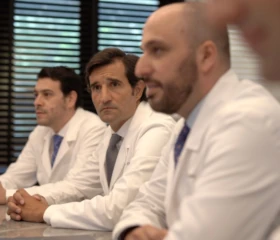
 +34 912 627 104
+34 912 627 104 Contact
Contact



